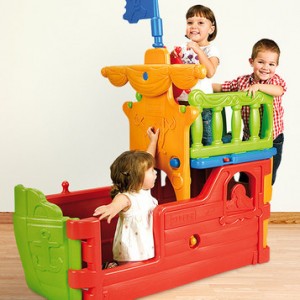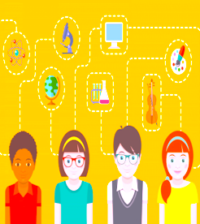- French Film Festival 2018 June 13 - 24
- Solo: A Star Wars Story
- Maze Runner: The Death Cure
- The Last Flag Flying
- Batman Ninja
- Julia Roberts and Owen Wilson play parents of a bullied child in Wonder
- Kill Switch
- All The Money In The World
- Isle Of Dogs
- Moriyama Kaiji Circus until May 27
- EU Film Days at the National Film Archive of Japan
- Nagano’s Aichi Village holds a Hanomo (Peach Blossom) Festival until May 6
- Japan’s next generation bicycle tires don’t need air
Playing (lots of it) is good for children
I hear many parents rant about having to buy new toys often because their children lose interest in their old toys. This is all part of cognitive development when brain cells connect and grow.
Your child will grow trillions of brain-cell connection during the first year.
It is important for parents to give babies/toddlers exposure to things that they can explore, question and play as they grow into adulthood.
 The United Nations High Commission for Human Rights has recognized ‘play’ as a right of every child and that each one deserves the opportunity to develop to their unique individual. Several studies made by experts in Early Childhood Development stress that play is an important opportunity for parents and caregivers to engage fully with children and is integral to their academic environment.
The United Nations High Commission for Human Rights has recognized ‘play’ as a right of every child and that each one deserves the opportunity to develop to their unique individual. Several studies made by experts in Early Childhood Development stress that play is an important opportunity for parents and caregivers to engage fully with children and is integral to their academic environment.
The report by the Academy of American Pediatrics states, “Play is important to healthy brain development. It is through play that children at a very early age engage and interact in the world around them. Play allows children to create and explore a world they can master, conquering their fears while practicing adult roles, sometimes in conjunction with other children or adult caregivers.
As they master their world, play helps children develop new competencies that lead to enhanced confidence and the resiliency they will need to face future challenges.”
Striking a balance
Maria Edgeworth, an Irish novelist became famous for her proverb “All work and no play makes Jack a dull boy. All play and no work makes Jack a mere toy.”
Despite the many benefits of play we read here and there, the results of an AAP study suggests that there are ‘potential repercussions’ when child-driven free play time is reduced as a result of parents over booking their children to grab every opportunity offered by enrichment tools and a variety of activities thinking that this is all part of good parenting.
If over-scheduled children react to pressures of less free play time with increased stress, it could lead to other mental health and behavior issues. The AAR report says, “It is left to parents to judge appropriate levels of involvement, but many parents seem to feel as though they are running on a treadmill to keep up yet dare not show their pace for fear their children will fall behind.”
Conventional wisdom dictates that balance needs to be achieved according to the child’s needs, temperament, environment and the family’s needs.
Marlow Hauser has a PhD in Psychology


